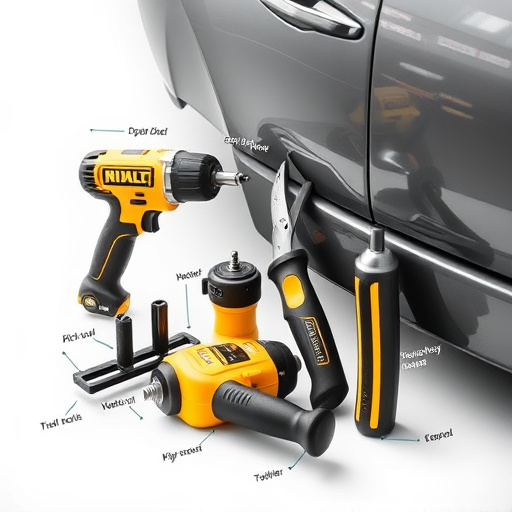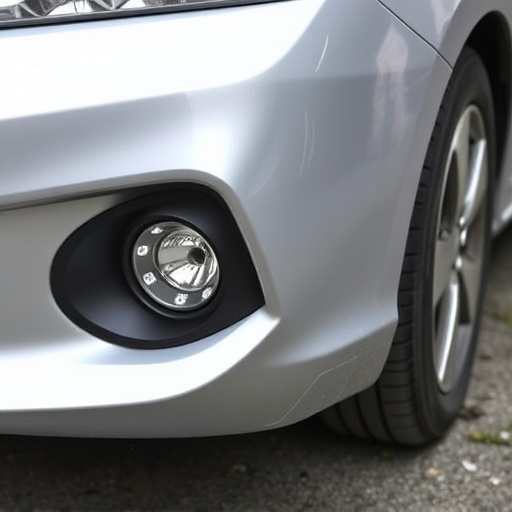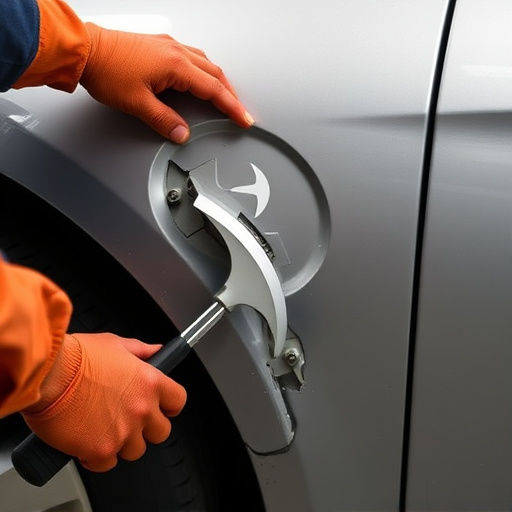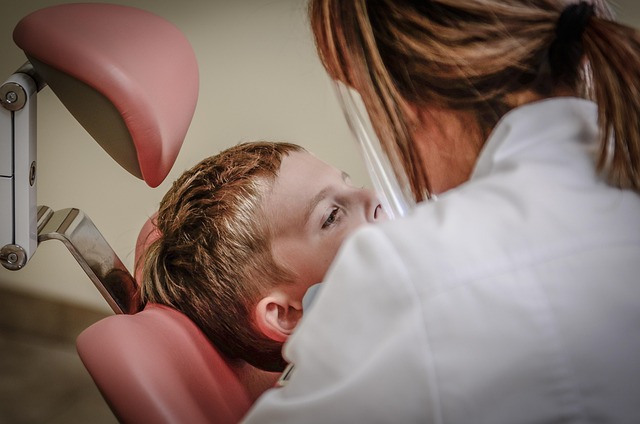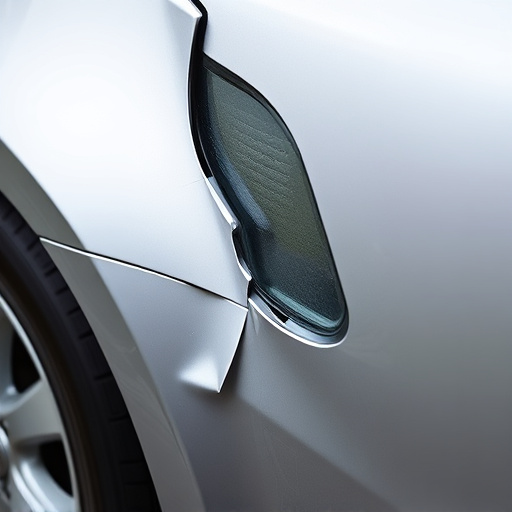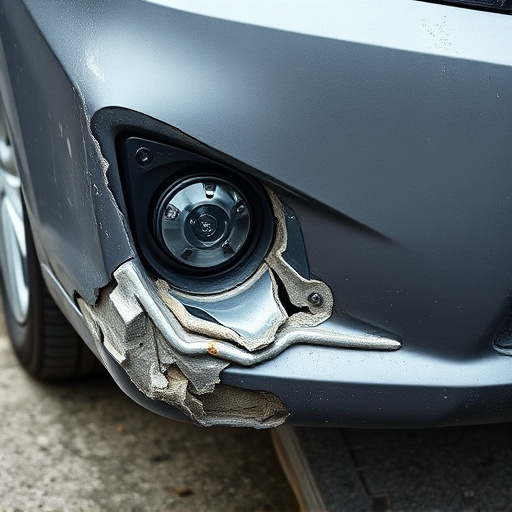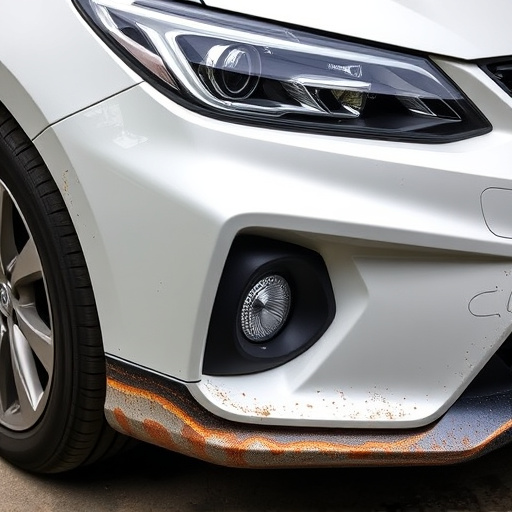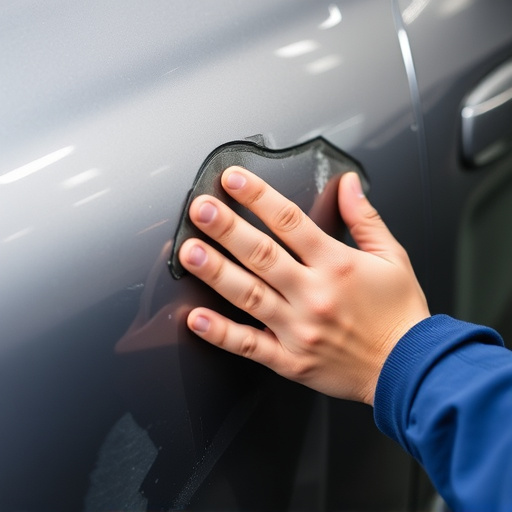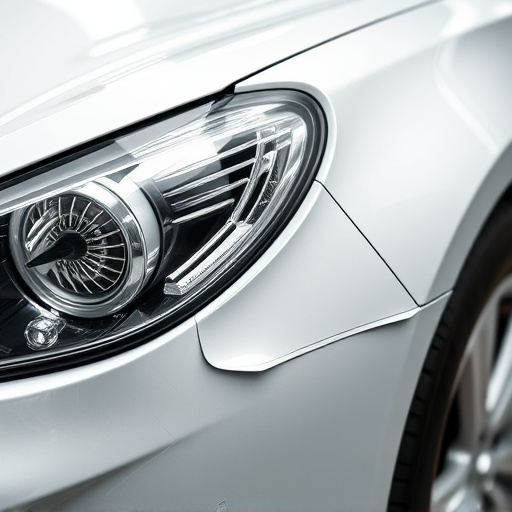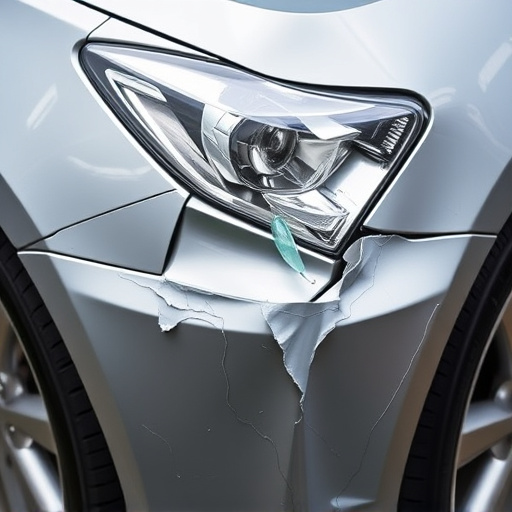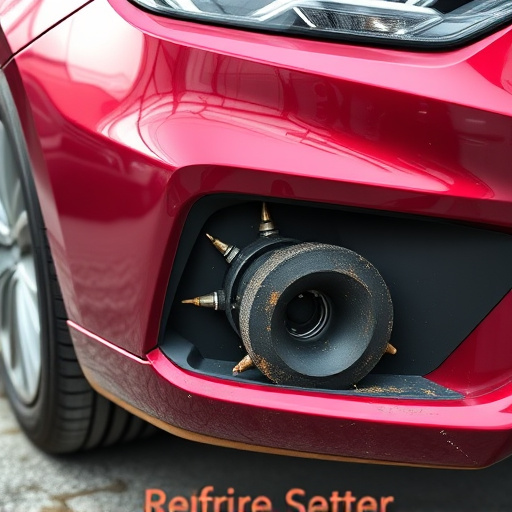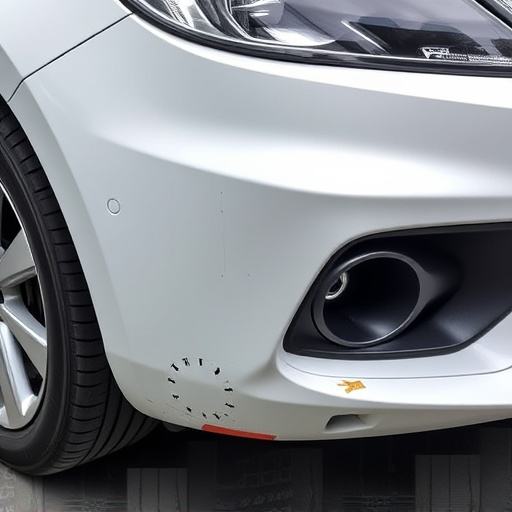Mercedes night vision calibration is crucial for maintaining advanced driver-assistance systems' effectiveness in low light. It involves precise camera adjustments by trained technicians to ensure clear images for features like Night Vision Assist and Active Lane Keeping. Regular calibration enhances safety, tire service, and bumper repair, addressing malfunctions or adverse conditions. Proper maintenance includes checks, software updates, lens cleaning, and setting adjustments.
Mercedes Night Vision Calibration is a critical process ensuring optimal safety and performance in low-light conditions. After adjustments to the car’s camera system, precise calibration becomes essential. This article delves into understanding the calibration process, highlights why camera system adjustments are necessary, and provides tips for maintaining peak performance post-calibration. By following these guidelines, Mercedes owners can maximize their vehicle’s night vision capabilities, enhancing nighttime driving safety and awareness.
- Understanding Mercedes Night Vision Calibration
- Camera System Adjustments: A Necessary Step
- Ensuring Optimal Performance After Calibration
Understanding Mercedes Night Vision Calibration
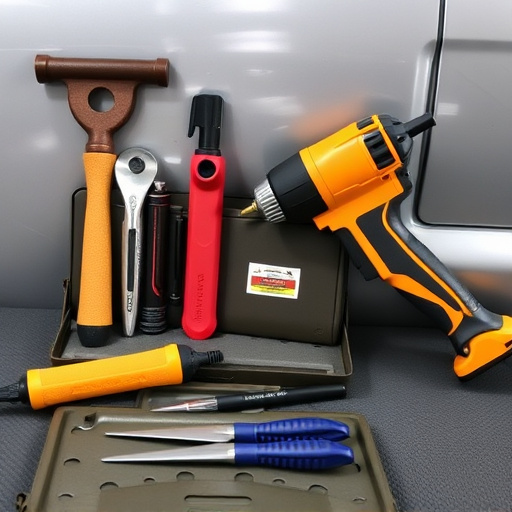
Mercedes night vision calibration is a critical process that ensures the optimal performance of the vehicle’s advanced driver-assistance systems (ADAS), especially in low-light conditions. It involves adjusting and fine-tuning the camera system to deliver clear, accurate images for features like Night Vision Assist and Active Lane Keeping. Regular calibration is essential after any adjustments or repairs to the camera system, as even minor misalignments can impact the effectiveness of these safety features.
Proper Mercedes night vision calibration goes beyond simply adjusting settings. It includes checks on the physical alignment of cameras, ensuring they capture the right field of view and correctly interpret surrounding environments. This meticulous process is typically conducted by trained technicians who use specialized tools to assess and adjust various parameters, guaranteeing that the vehicle’s night vision capabilities meet Mercedes-Benz’s stringent quality standards. Regular calibration not only enhances safety but also ensures optimal tire services and bumper repair, should any issues arise due to adverse driving conditions or camera system malfunctions.
Camera System Adjustments: A Necessary Step
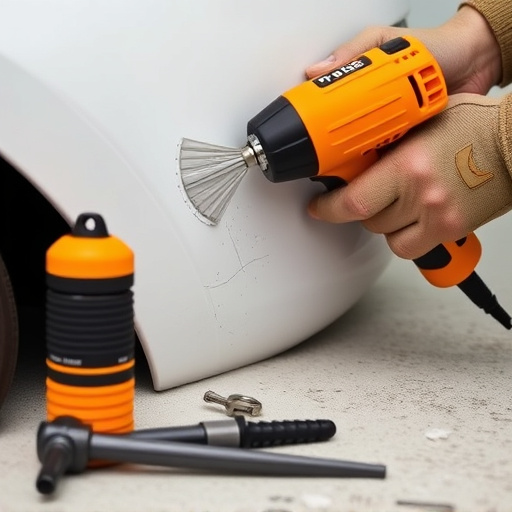
When it comes to Mercedes night vision calibration, Camera System Adjustments play a pivotal role. These adjustments are crucial for ensuring that the vehicle’s advanced driver-assistance systems (ADAS) function optimally in low-light conditions. Modern Mercedes vehicles are equipped with cutting-edge camera systems designed to enhance safety and visibility, especially during nighttime driving. However, these systems require periodic calibration to maintain their accuracy and reliability.
Just as a classic car restoration involves meticulous attention to detail, fine-tuning the camera system is an essential step in keeping your Mercedes’ night vision capabilities at peak performance. This process ensures that the vehicle’s cameras accurately capture and interpret surroundings, enabling features like Lane Keeping Assist, Blind Spot Monitoring, and Adaptive High Beam Assist to function seamlessly. Regular calibration also helps address any issues caused by environmental factors, such as dust, dirt, or changes in lighting conditions, effectively keeping your Mercedes at the forefront of safety technology.
Ensuring Optimal Performance After Calibration
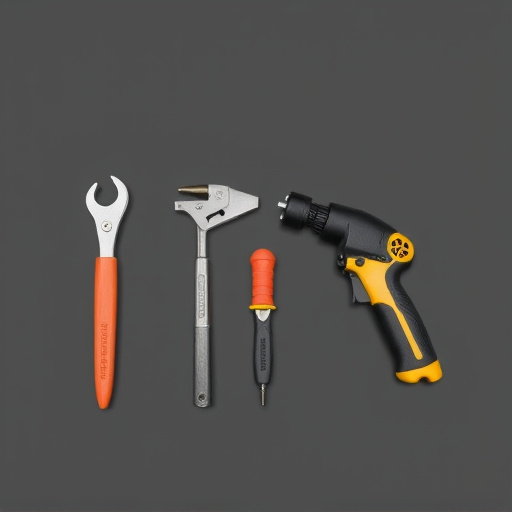
After completing Mercedes night vision calibration, it’s crucial to ensure optimal performance during subsequent driving conditions. This involves careful monitoring of the system’s functionality and adjusting any necessary settings. The calibrated camera system should provide a clear, detailed view of the road ahead, even in low-light environments, enhancing safety and driver confidence. Regular checks on key components like lenses, sensors, and software updates are essential to maintain peak performance.
Proper maintenance includes routine inspections for any signs of damage or wear, especially after potential incidents like bumper repair or car paint repair services. Keeping the cameras clean and free from debris ensures maximum light capture, which is vital for effective night vision. By adhering to these practices, drivers can fully leverage the advanced safety features of their Mercedes, making every journey, particularly in dark conditions, a more secure experience.
Mercedes night vision calibration is a crucial step in ensuring optimal performance of the vehicle’s advanced camera system. Following adjustments, proper calibration ensures the system provides clear, accurate views in low-light conditions, enhancing safety and driving confidence. Regular maintenance and checks are vital to keep these sophisticated systems functioning at their best.

